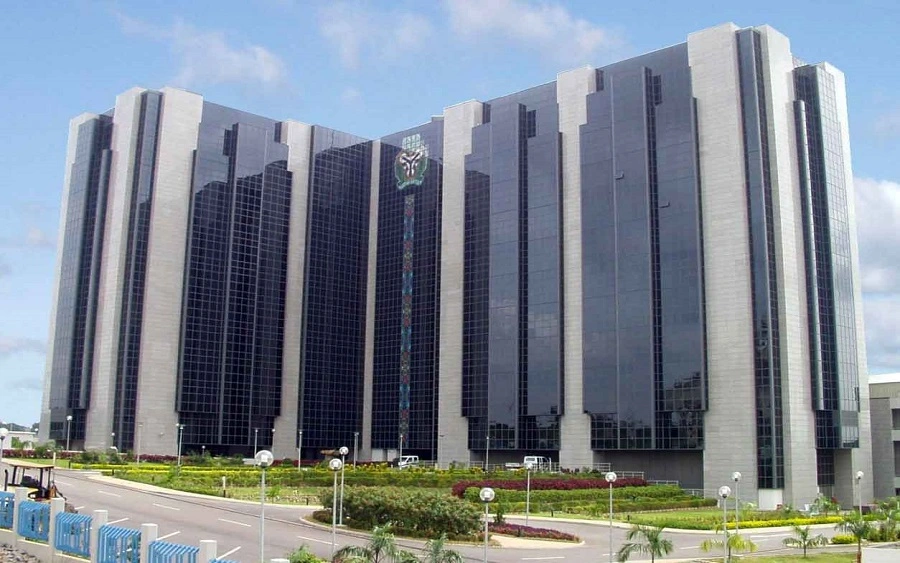The recapitalisation exercise in the banking industry embarked on by the Central Bank of Nigeria (CBN) will trigger an increase in credit extension to the real sector, operators in the banking industry have stated.
The CBN had earlier this year announced a new minimum capital base for commercial, merchant and non interest banks in the country with an aim of making them robust enough to cater for the $1 trillion economy as planned by the president Bola Ahmed Tinubu adminstration.
According to the president and chairman of Council, of the Chartered Institute of Bankers of Nigeria (CIBN), Ken Opara, the recapitalisation exercise will further enable banks to extend more credit to the economy’s productive sectors.
He noted that while there has been a notable improvement in liquidity in the real sector in recent times, the planned banking sector recapitalisation programme was a welcome development because the volume of credit in the country to sectors such as agriculture, manufacturing, and services is significantly low.
Speaking on the theme of the 2024 CIBN lecture, “Improving Availability of Credit in the Nigerian Real Economy: The Critical Importance of Liquidity” Opara said, “Despite the significant relevance of the real sector, access to credit for such key sectors compared to other climes is relatively low. According to the survey report conducted in more than 40 economies and released by Statista in 2024, nearly $141 trillion worth of credit had been lent to the real sector in advanced economies in the second quarter of 2022. The figures were twice as high as the volume of credit to the same sector in emerging markets.
It is worth highlighting the notable improvements in liquidity within Nigeria’s real sector. According to data from the CBN, the Net Domestic Credit stood at N66.4 trillion as of December 2022, showcasing the substantial credit extended by financial institutions to the real sector of the economy. This figure experienced a significant surge to 96.1 trillion Naira by December 2023, highlighting the tremendous potential for growth and development in the real sector.
“However, the volume of credit to the key sectors in Nigeria is as follows: Agricultural sector N5.8 trillion representing about 6 per cent of the total credit. Manufacturing sector is N19.7 trillion representing approximately 21 per cent of the total credit and services sector N36 trillion representing 37.4 per cent of the total credit.
“I humbly propose that we consider offering more credit to these key sectors and particularly the agriculture sector. It is for this reason that the recapitalisation exercise is a welcome development. The recently announced upward review of the Minimum Capital Requirements of Nigeria by the Central Bank of Nigeria would further empower banks to extend more credit to the economy’s productive sectors.”
Also, in his speech at the lecture, the governor of Lagos State, Mr. Babajide Sanwo-Olu, who was represented by his commissioner for finance, Mr. Abayomi Oluyomi, commended the CIBN for bringing the issue of liquidity to the front burner.





